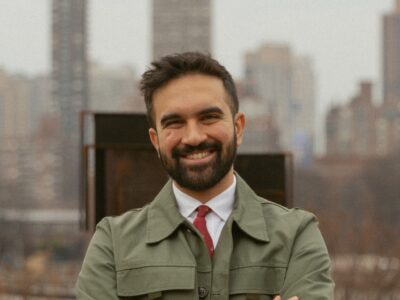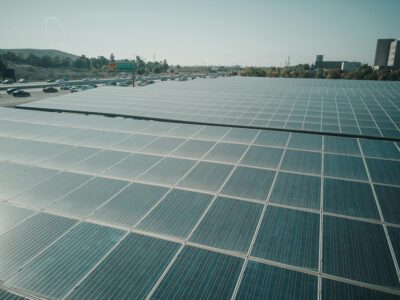
On Sept. 30, over 100 students came for a lively discussion and learning opportunity jointly hosted by Columbia Divest for Climate Justice and SIPA Environmental Coalition. The speaking engagement was organized for the graduate student community at Columbia to promote awareness and student action for the most pressing issues we are facing as a society—climate change and the negative impacts of fossil fuel dependence. This event was multi-faceted in its approach to the issues of climate change and student capacity to influence policy. The focus of the talk was three-fold, delving into the realms of climate science, activism and environmental justice.
The event featured three prominent voices in climate science and action: Professor Maureen Raymo from the Lamont Doherty Earth Observatory, the acclaimed author and activist Bill McKibben and Peggy Shepard, founder and executive director of WE ACT for Environmental Justice.
Raymo, the first woman scientist to win the esteemed British Wollaston Medal in the award’s 184-year history, presented students with the latest research findings on climate change and the magnitude of the impending climate crisis. Her talk presented the scientific context of climate change, which acts as the foundation for fossil fuel divestment movements around the world.

Following Raymo, McKibben articulated the political action he feels is necessary to change the political reality and praised the successful public movement to promote institutional divestment from fossil fuel companies.
“Bill McKibben made a significant point in discussing the potential divestment of Columbia University from fossil fuels,” said Katherine Altobello-Czescik, a student in the MPA-ESP program. “Columbia scientists have made, and continue to make, some of the most important contributions to the complex field of climate science. With over 100 PhD scientists in the Earth Institute working on every aspect of climate science, it is apparent that investing in fossil fuels works against research efforts at the university dating back to the 1970s. Investments in fossil fuels can and should be substituted to renewable, clean and sustainable forms of energy and technology.”
McKibben explained why he feels divestment is an effective tool to tackle stalled decision-making and non-action from governments and institutions. He stressed that climate change will have the greatest impact on people who bear the least responsibility. Impoverished nations and their citizens release disproportionately less greenhouse gases than affluent nations into the atmosphere—and at the same time lack the necessary infrastructure or resources to adapt to a changing climate. He pointed to Columbia students as a constituency with privilege and power in today’s world and urged them to exercise this power to demand a transition away from fossil fuels, the primary driving force of a dangerous warming climate.
“One of the key points that all of the speakers delivered is the sense of urgency,” said Valerie J. Amor, a current MPA-ESP student and long-time member of 350.org. “We cannot wait to respond. It must inform how we live and the decisions that we make on a daily basis. Having Bill McKibben speak at our university underscores this urgency and stresses the importance of the work that we are doing to provide that response. ”

Peggy Shepard, a long-time leader in the environmental justice movement in New York City, gave a presentation of the WE ACT Northern Manhattan Climate Action Plan. This plan was curated by the local Northern Manhattan community in a collaborative, democratic and participatory months-long effort. This unique process led by WE ACT demonstrated the creative solutions that citizens and neighborhoods can employ to participate in climate change policies.
“Working to bring these prominent speakers to campus really allowed us to expose students to the important impacts of what we, as students in the MPA ESP program, are learning every day, “ said Stav Gilutz, one of the organizers of the event and a student in the MPA ESP program. “By bringing awareness to these hot topics, we are helping apply what we learn to students all across campus.”



